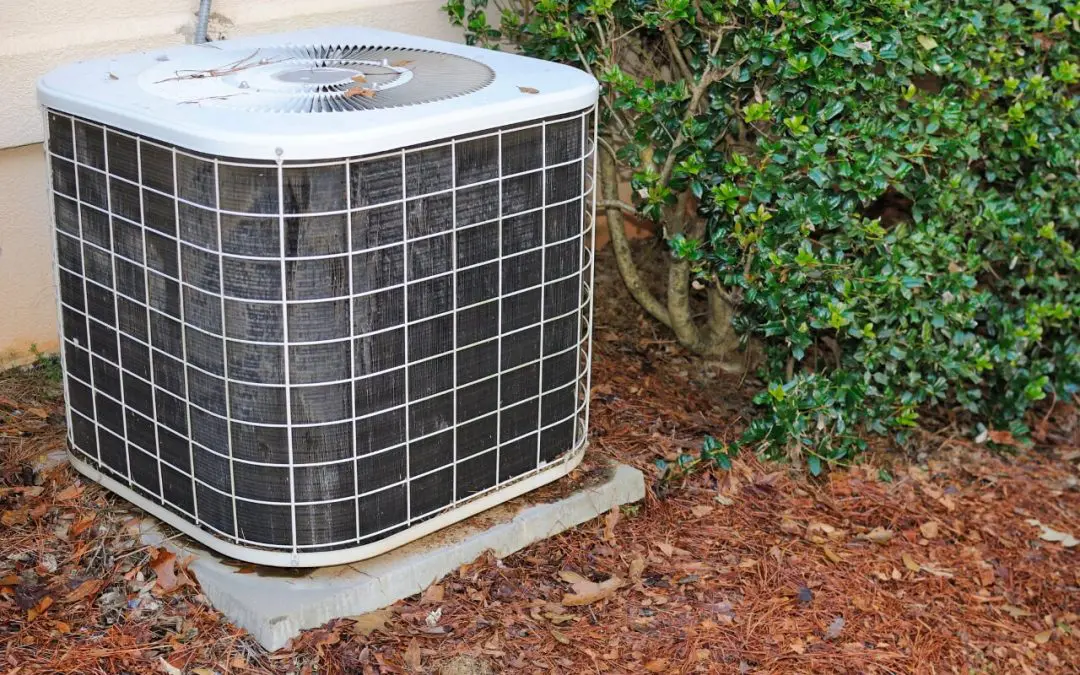Your home’s Heating, Ventilation, and Air Conditioning (HVAC) system is the silent workhorse that ensures your comfort year-round, reliably delivering cool air in the summer and warmth in the winter. Yet, this critical system often goes ignored until a scorching summer day or a freezing winter night reveals a significant problem. Proactive HVAC maintenance is the most confident way to protect your investment, guarantee energy efficiency, and avoid expensive emergency repairs. Taking charge of a few simple tasks will dramatically extend the life of your system and keep your utility bills in check.
The Seasonal Tune-Up: Cornerstone of Effective HVAC Maintenance
A large part of confident HVAC maintenance revolves around the seasons. Your unit works hardest during the transitions, making spring and fall the ideal check-up times. Before the intense heat of summer arrives, your air conditioning unit needs attention. The outdoor compressor unit should be free from debris, leaves, grass clippings, and dirt, which could obstruct airflow and reduce efficiency. Turn the power off at the disconnect switch near the unit and gently remove any buildup on the fins. Ensure that no plants are growing within two feet of the unit, as this restriction hinders the unit’s ability to dissipate heat. A clean coil is crucial for efficient operation.
As you prepare for heating season, the focus shifts to your furnace. If you have a gas furnace, ensuring the burners are clean and the igniter is working correctly is paramount. While some of these tasks are best left to a professional, you should ensure that the area around your furnace is clear of clutter and flammable materials.
The Air Filter: The Single Most Important Piece of DIY HVAC Maintenance
If there is one non-negotiable step in DIY HVAC maintenance, it is regularly changing the air filter. This simple component plays a dual role: it protects the expensive internal mechanisms of your HVAC unit from dirt and debris, and it helps maintain healthy indoor air quality. A dirty, clogged filter chokes the airflow into your system. This makes the fan motor work harder, strains the compressor, and drives up your energy bills. Eventually, reduced airflow could cause the evaporator coil to freeze up in the summer, leading to system failure.
Generally, filters should be changed every 90 days. However, if you have pets, allergies, or run your system constantly, you should inspect them monthly and replace them every 30 to 60 days. Look for high-quality filters that match the requirements of your specific HVAC unit. Regularly swapping out the filter is the easiest and most cost-effective HVAC maintenance action you could do.
Understanding the Drain Line and Thermostat Calibration
Two less obvious, yet essential, components of HVAC maintenance are the condensate drain line and the thermostat. In the summer, your air conditioner removes humidity from the air, and that collected water drains away through the condensate line. Over time, algae and mold can grow inside this tube, causing clogs. A clogged drain line causes water to back up, potentially leading to leaks, water damage, and even triggering a float switch that shuts down the entire cooling system. You could prevent this by occasionally pouring a cup of distilled vinegar down the access port of the line to clear out growth.
Your thermostat is the brain of your HVAC system. If it is old, improperly calibrated, or placed in a spot with direct sunlight, it will read the temperature incorrectly, leading to inefficient cycling and wasted energy. Consider upgrading to a smart thermostat. These devices optimize your system’s performance, learn your habits, and provide usage reports.
Professional HVAC Maintenance: When to Call the Experts
While homeowners may handle routine filter changes and exterior cleaning, certain tasks require the training and specialized tools of a licensed HVAC professional. Scheduling an annual professional tune-up is an investment that pays for itself. During this comprehensive check, a technician will clean the indoor coil, measure refrigerant levels, check electrical connections for wear and corrosion, lubricate moving parts, and test safety controls. They will diagnose minor issues before they escalate into system breakdowns. This proactive annual inspection is the ultimate safeguard of your system’s efficiency and longevity.
Frequently Asked Questions (FAQs)
Does running the fan all the time ruin the HVAC unit?
No, running the fan constantly does not harm the unit. However, the fan motor is constantly drawing electricity, so running it non-stop will slightly increase your utility bill compared to running it only when the system is actively heating or cooling.
What is the average lifespan of a residential HVAC system?
With proper HVAC maintenance, the average lifespan for a modern central air conditioner or furnace is typically 15 to 25 years.
Should I cover my outdoor unit in the winter?
Generally, no. Modern units are built to withstand winter weather.
What is the MERV rating, and which one is best?
MERV (Minimum Efficiency Reporting Value) measures a filter’s ability to capture airborne particles. Higher MERV ratings are great for filtration but could restrict airflow in older systems. Always check your unit’s manual for the highest MERV rating it will safely handle.
TMK Inspections offers inspection services in Southeast Pennsylvania. If you’re buying or selling a home, contact us to request an appointment.

